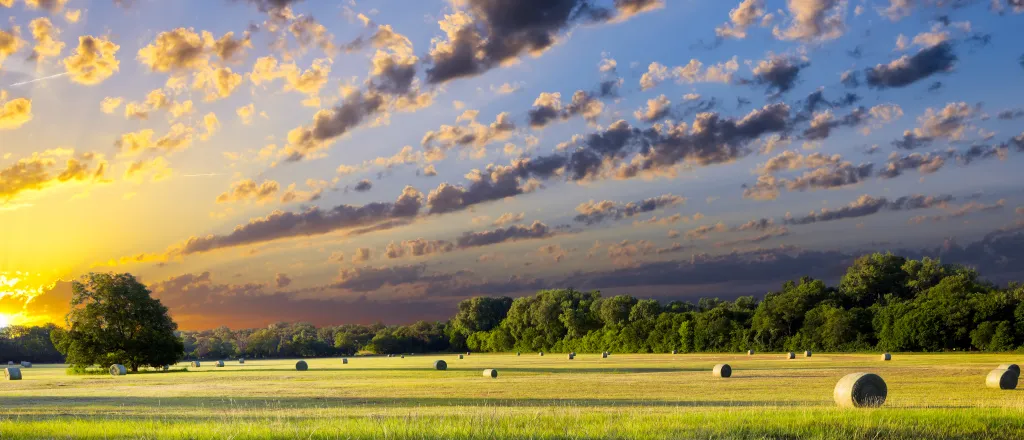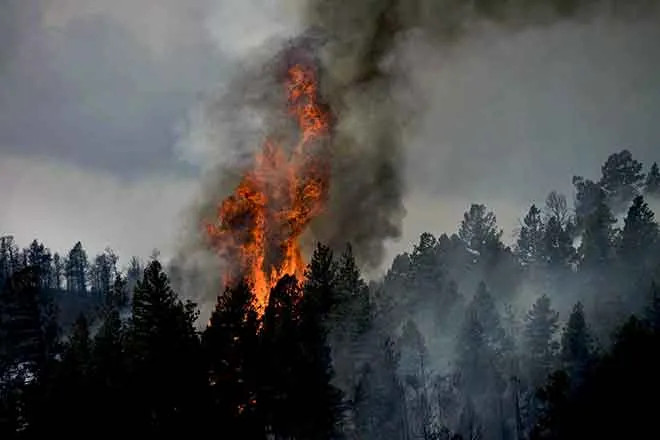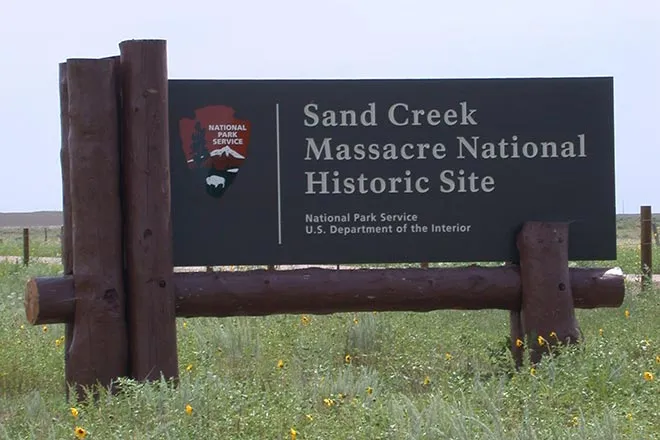
The Yonder Report: News from rural America - November 20, 2025
© Dean_Fikar - iStock-503150251
News from rural America.
Carbon credit markets help rural property owners in Maine and other states keep their land, residency programs aim to bring more doctors to rural Montana and pollinators encounter politics at the U.S.-Mexico border wall.
TRANSCRIPT
For the Daily Yonder and Public News Service, this is the news from rural America.
Historically, owners of small private forest lands in Maine and Appalachia could either develop their property or harvest the trees.
Now, a growing number are selling carbon credits on the global market and letting the trees grow.
It might not be a lot of money, but forester Ted Wright says it can be an option for keeping the forest intact.
There's just a huge amount of pressure development, especially in Southern Maine, where land is very, very valuable.
In Appalachia, native trees also are helping restore old coalfields.
As the trees grow, even abandoned mines can generate income by storing carbon.
Cliff Drouet with the Interior Department says timber prices are not consistent and small landowners should see the voluntary carbon market as a win-win.
This now puts the landowner into the driver's seat to negotiate a deal while his timber is growing from a seedling to something that's merchantable.
A Montana hospital has new rural residency programs to help address the local doctor shortage.
Susanna Brown reports.
Montana's healthcare shortages are getting worse with some patients traveling up to six hours to reach care.
To help fill these gaps, the Billings Clinic established an internal medicine residency 11 years ago.
Now, they're launching Montana's first psychiatric residency.
The clinic's Ashley Dennis says rural residencies are especially essential.
For hope and building residency programs that you keep people in the community.
To prepare to practice in rural Montana, doctors in training rotate to multiple communities, which Jenna says might place them in a hometown where they'd like to put down roots.
The more opportunities that residents have to get out to rural communities, the better, where they can better understand what does it take to be successful working in this context.
I'm Susanna Brown.
Environmental groups say adding to the Mexico border wall will pressure the already dwindling populations of pollinators on the southwestern landscape.
The Trump administration has waived 27 laws to speed construction of the wall in four border states.
Scott Black leads the Xerces Society for Invertebrate Conservation.
When you build any infrastructure, there's basically a lot of habitat destruction.
It's much wider footprint, hundreds of miles long.
The Fish and Wildlife Service says more than 70 U.S. pollinating species are listed as endangered or threatened.
LACSA's alarming data like that leads folks to a greater appreciation of how important the insects are to supporting all kinds of life.
Starting to think about, oh, I like songbirds and songbirds have to have insects and oh, I like to fish.
So I think more and more people are making that connection.
For the Daily Yonder and Public News Service, I'm Roz Brown.
For more rural stories, visit dailyyonder.com.

















